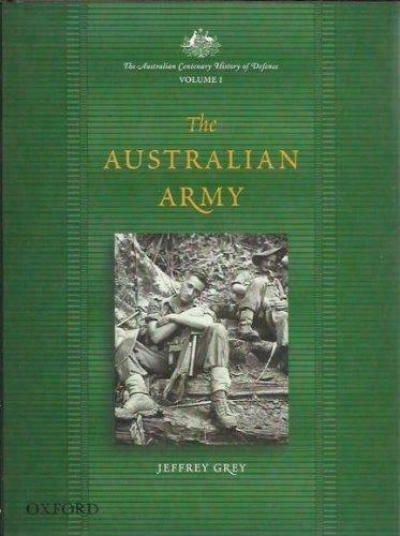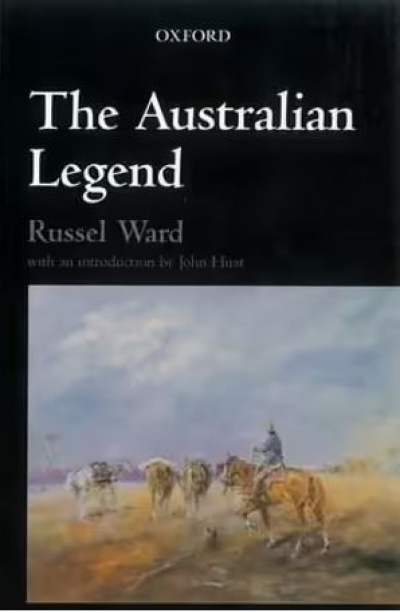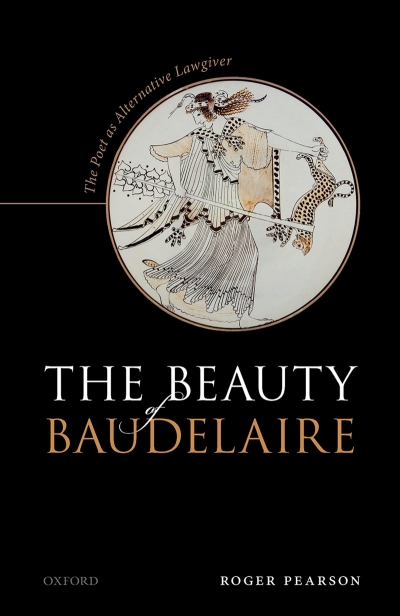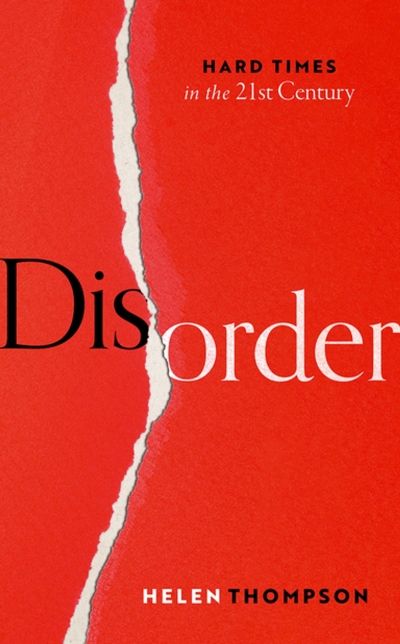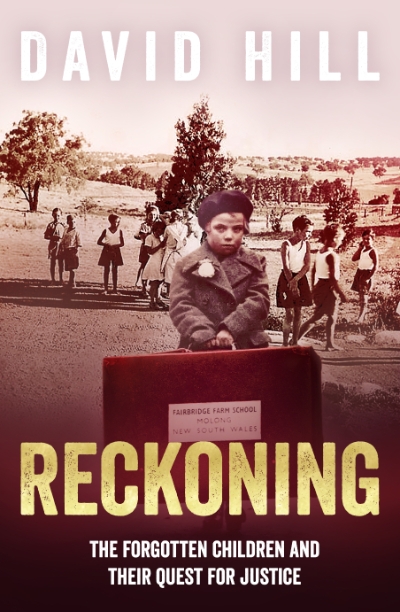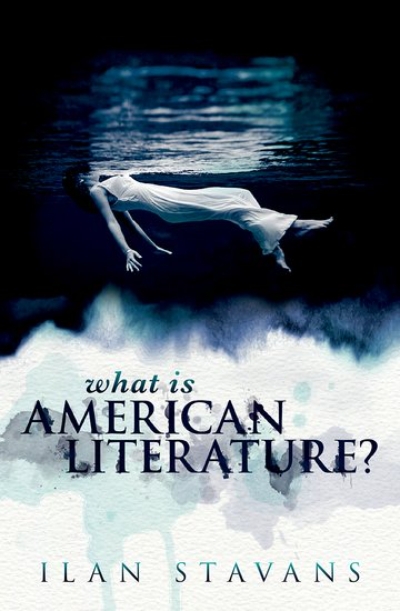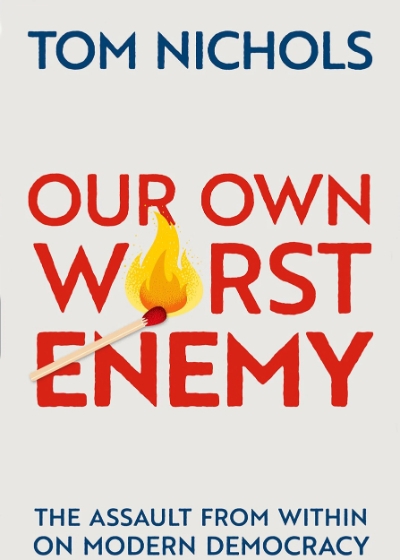Oxford University Press
The Jews of Paris and the Final Solution: Communal Response and Internal Conflicts, 1940-1944 by Jacques Adler
The Australian Centenary History of Defence: Vols. I–VII edited by John Coates & Peter Dennis
ART
Contemporary Aboriginal Art: A guide to the rebirth of an ancient culture
by Susan McCulloch
Allen & Unwin, 248 pp, $39.95 pb
1 86508 305 4
Contemporary Aboriginal Art (first published in 1999) contains a wealth of information for those interested in the history, practice, and culture of Aboriginal art. By its very nature, Aboriginal art is constantly changing and evolving, and, in this revised edition, Susan McCulloch details new developments in already well-established communities, and the emergence of some entirely new movements. McCulloch, visual arts writer for The Australian, has travelled extensively to the Kimberley, Central Australia, Arnhem Land and Far North Queensland, and her book provides first-hand accounts of Aboriginal artists and the works they are creating.
Beautifully illustrated, Contemporary Aboriginal Art also contains a comprehensive directory of art centres and galleries, a buyer’s guide, and a listing of recommended readings.
... (read more)For a reform politician, these three books should be compulsory reading. They are not, for such a reader, heartening. But they do ‘serve in many respects to discover, to confute, to forewarn, and to illustrate’.
Brian Dale’s Ascent to Power, very much less than fair to Neville Wran, is an unintended expose of the nature of political journalism in this country and its practitioners.
... (read more)

